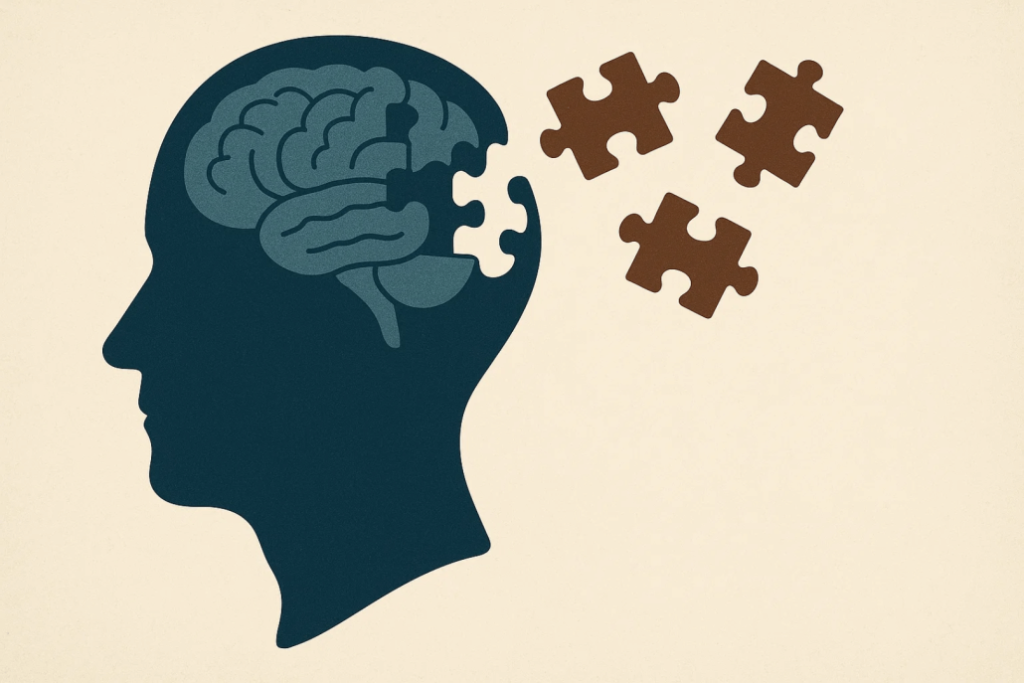Cognitive decline doesn’t start with a big moment. It creeps in quietly. A missed appointment, a forgotten name, a recipe that suddenly feels unfamiliar. Families often chalk it up to stress or tiredness, or just getting older. But eventually, the pattern becomes harder to ignore. Whether it’s dementia, Alzheimer’s, or something less defined, supporting someone through it is exhausting and emotional. You’re not just managing symptoms, you’re trying to hold onto the person you love while everything familiar starts to shift.
Spotting the Signs Before They Become Obvious
The early signs are easy to dismiss. Someone forgets how to use the TV remote or asks the same question three times in one afternoon. One day they’re sharp and chatty, the next they’re confused about what year it is. That inconsistency throws people off. It’s tempting to wait, to hope it’s just a bad day. But catching changes early gives you time to plan, to adjust, and to find support before things get harder.
Making Home Feel Safe Again
As memory fades, the home needs to do more of the work. That doesn’t mean turning it into a hospital. It means making small, thoughtful changes. Remove rugs that could cause falls. Add tape to stair edges. Label cupboards with pictures and words so someone can still find the cereal or the kettle.
Routine becomes a kind of anchor. Breakfast at the same time. A walk after lunch. The same show every evening. Familiar patterns help reduce anxiety and make the day feel less chaotic.
Learning Everything You Can
Most families aren’t prepared for this. One day you’re helping with errands, the next you’re managing medications and trying to make sense of test results and specialist reports. It’s overwhelming. Many doctors and nurses, including those trained through online nursing programs, often stress how important family education is. Understanding the condition, the stages, and the triggers helps you respond with more confidence and less panic.
Support groups are a lifeline. They offer practical advice, how to handle sundowning, what to do when someone refuses to bathe, and emotional reassurance. You hear stories that sound like your own, and suddenly you don’t feel so alone.
Taking Care of Yourself Too
Caregiver guilt is real. You feel bad for needing a break, for snapping, for wishing things were easier. But burning out doesn’t help anyone. You need rest. You need space. Even small things, a quiet meal, a walk, a phone call, can help you recharge.
Counselling can help you process the grief of losing someone who’s still physically present. Watching a loved one change in front of you is a slow heartbreak, and it’s hard to explain to people who haven’t lived it.
There’s no perfect way to support someone through cognitive decline. Some days will feel really tough, and other days will feel almost impossible. But showing up, learning as you go, and caring for yourself, too, that’s what makes the difference. The person you love is still there. And your presence matters more than you think.
